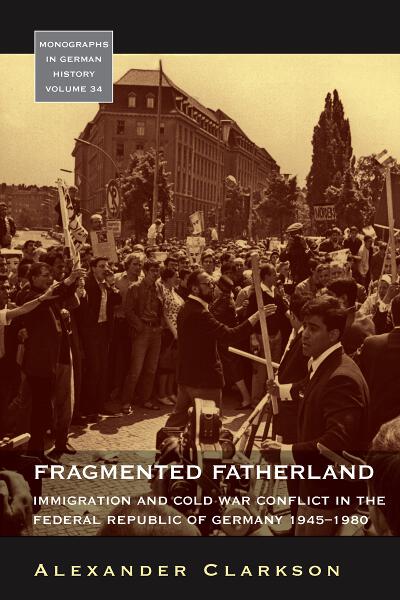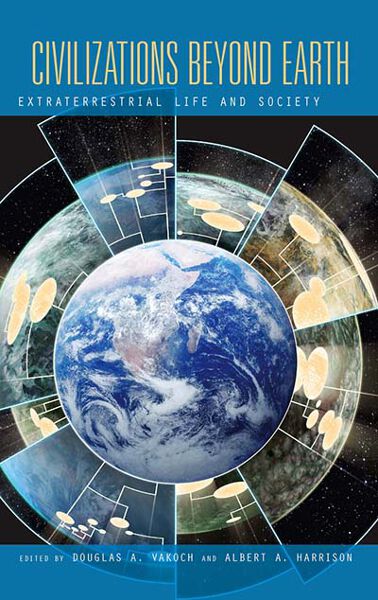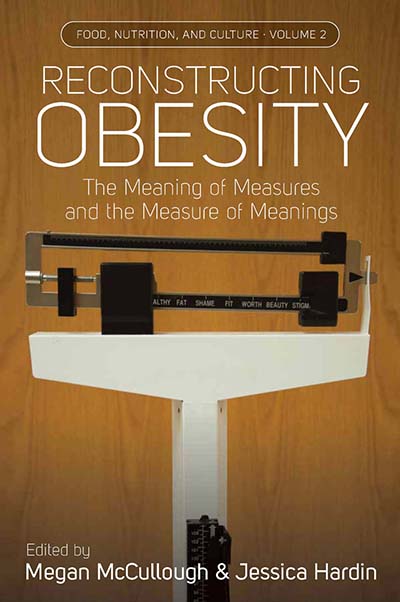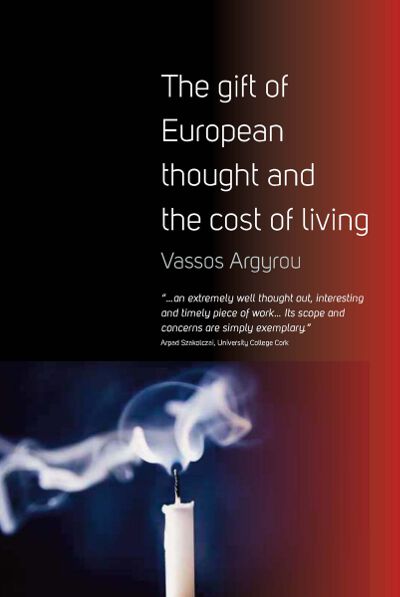The parallels between the political environment of the “Arab Spring” countries and Cold War Germany can be striking, according to Alexander Clarkson, author of Fragmented Fatherland: Immigration and Cold War Conflict in the Federal Republic of Germany, 1945-1980. In these cases, when diaspora communities returned to their countries of origin, there was an energy for activism and a flurry of political activity. Following, Clarkson notes that taking a page from West German history could prove useful in modern Libyan, Syrian and Tunisian politics.
____________________________________________

In the chaotic days after the Ghadaffi regime lost control of the city of Benghazi in February 2011, hundreds of exiled Libyans returned to the liberated parts of their country to help play a role in the transformation of a state that had been under authoritarian rule for more than forty years.
Continue reading “Key to Transformation is Understanding the ‘Fatherland’”






